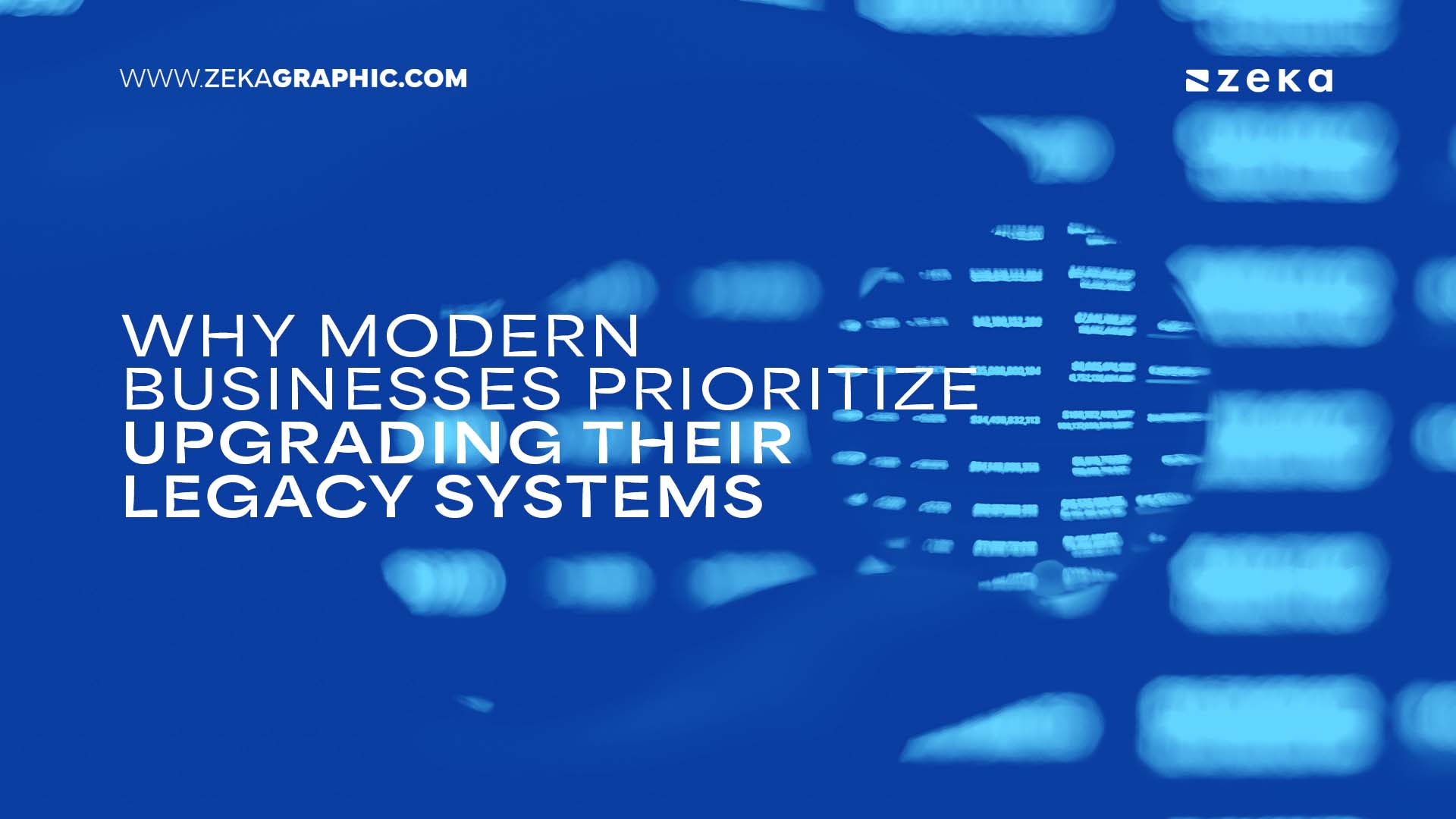
Digital transformation is not just a trend. It is a long-term strategy that allows organizations to remain competitive, reduce operational risks, and adopt new technologies without disrupting daily workflows. As companies scale, many discover that outdated software becomes one of the biggest barriers to innovation.
This is exactly why modernizing legacy systems has become a core priority for businesses across industries.
Advertisment
Legacy applications often serve as the operational backbone of a company. They contain valuable business logic and historical data, yet they can also introduce problems such as:
As the gap between modern tools and old infrastructure grows, organizations face increased technical debt and long-term risks.
Modernization is complex. It requires expertise in old programming languages, databases, and frameworks, as well as a deep understanding of modern architectures, cloud services, and scalable systems.
That is why businesses often rely on specialized partners like ModLogix, a company known for helping organizations transition from outdated technologies to reliable, future-ready platforms. Their approach focuses on assessments, cloud migration, modernization roadmaps, code re-engineering, API integration, and secure upgrades to newer frameworks.
This allows companies to preserve the value of existing systems while unlocking new capabilities.
Organizations that invest in modernization typically see improvements such as:
In many cases, modernization becomes the foundation for broader digital transformation initiatives.
Advertisment
Modernizing legacy applications is not just a technical project. It is a strategic move that supports long-term stability, operational efficiency, and innovation. Companies that invest early are better positioned to adopt new technologies, streamline workflows, and deliver better digital experiences to their customers.
With the right partner, modernization becomes a manageable, predictable, and highly valuable investment.
Advertisment
Pin it for later!

If you found this post useful you might like to read these post about Graphic Design Inspiration.
Advertisment
If you like this post share it on your social media!
Advertisment
Want to make your Business Grow with Creative design?
Advertisment
Advertisment